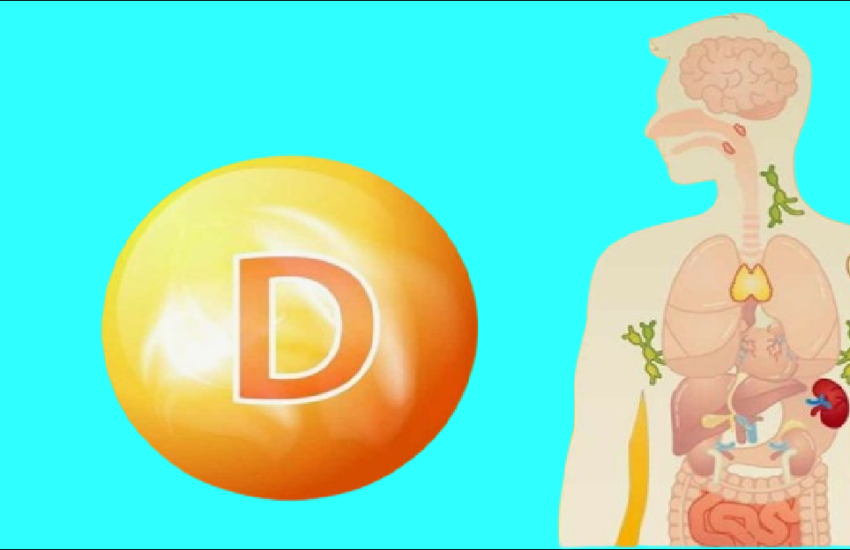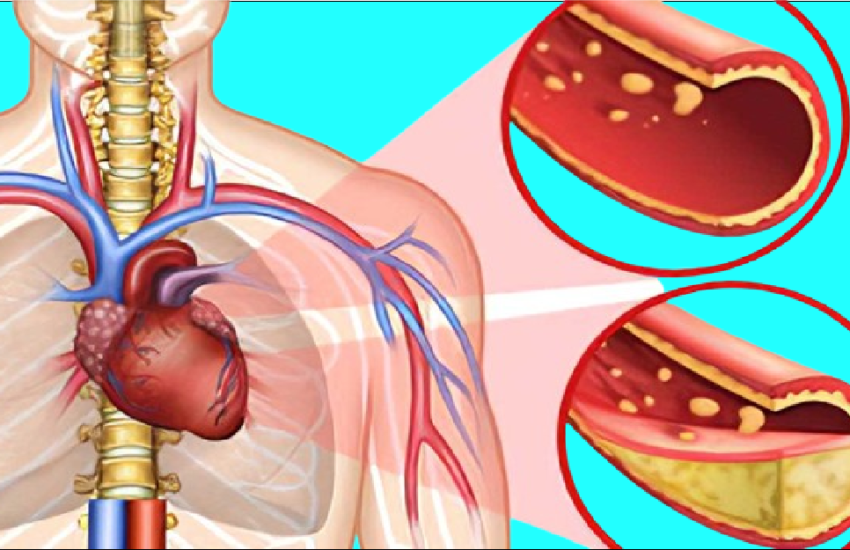5 warning signs of vitamin B12 deficiency that you should never ignore
Vitamin B12 deficiency actually has significant effects on physical and mental health. Below is an edited version of the information you provided:
Vitamin B12 deficiency, or cobalamina, refers to low levels of this vital vitamin in the bloodstream, resulting in various signs and symptoms, many of which are related to mental and emotional health.
The main causes of vitamin B12 deficiency include insufficient dietary intake, certain medications, genetic factors, malabsorption in the stomach or intestine, chronic gastritis, intestinal parasites, and more.
This vitamin plays an important role in brain function, DNA synthesis, nerve and blood cell health, and immune system maintenance. It is found primarily in animal products such as meat, dairy products, eggs and shellfish. Untreated vitamin B12 deficiency can lead to severe blood disorders and neurological problems.
Here are the five most common signs associated with vitamin B12 deficiency:
Unexplained fatigue:
Persistent fatigue and low energy levels, even with adequate sleep, can indicate a vitamin B12 deficiency due to decreased red blood cell production, which hinders the transport of oxygen to the organs.
Dizziness and vertigo:
Vitamin B12 deficiency may lead to dizziness, lightheadedness, and a feeling of instability, especially when standing quickly or climbing stairs.
Memory problems:
Chronic forgetfulness and cognitive problems may arise from low vitamin B12 levels, mimicking the early signs of dementia. Increasing your vitamin B12 intake through supplements or dietary changes can help improve memory.
Pins and needles sensation:
A numbness or tingling sensation, often described as pins and needles, can occur throughout the body due to nerve damage caused by vitamin B12 deficiency.
Muscle weakness:
Insufficient oxygen reaching the muscles, resulting from decreased red blood cell production, can lead to muscle weakness and lethargy.
To treat vitamin B12 deficiency, you should focus on eating more dairy products, eggs, poultry, and animal proteins, and taking methylcobalamin supplements to improve its absorption within the body. Regular monitoring of B12 levels and consulting with a healthcare professional for personalized advice is also crucial.


